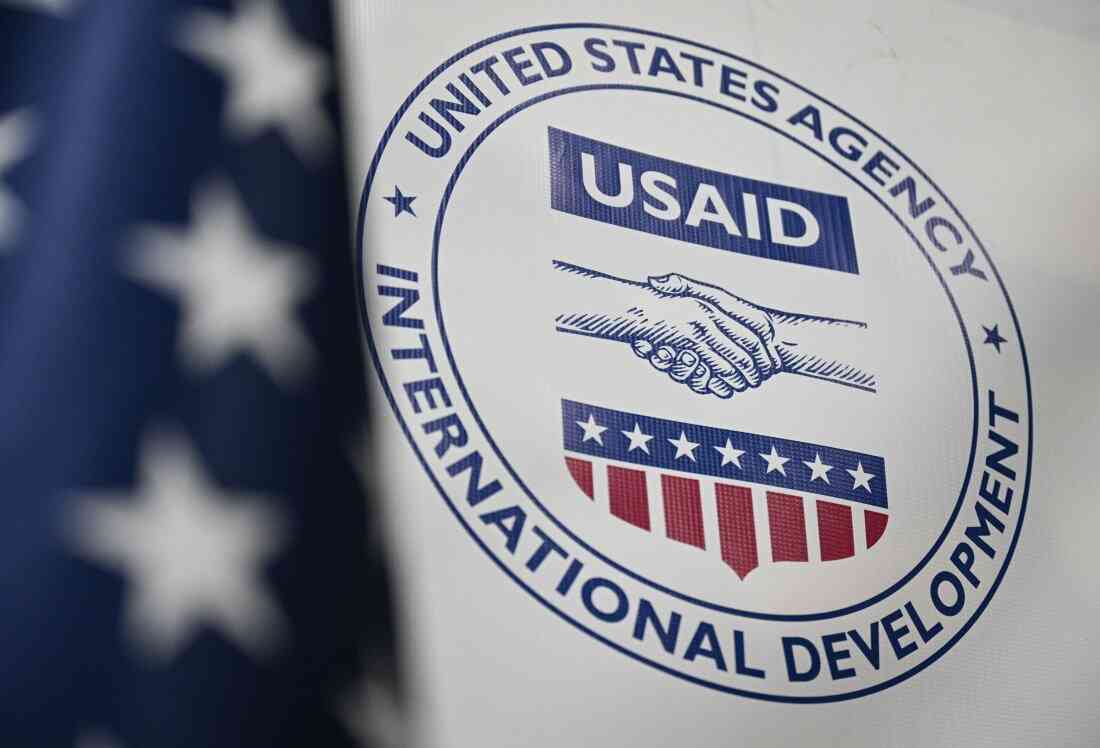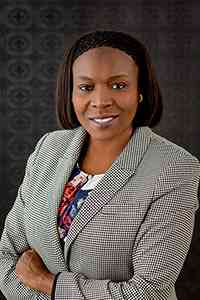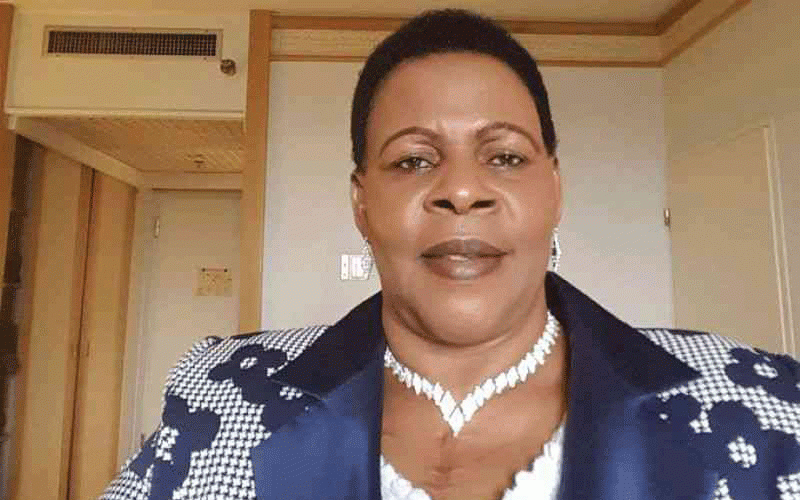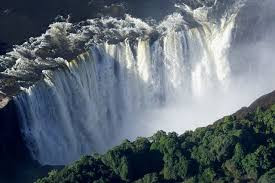
The devastating impact of US President Donald Trump’s executive order to freeze foreign aid for 90 days is being felt across Africa, with Zimbabwe being one of the hardest hit countries.
As reported in our sister paper NewsDay, the article headlined Carnage in NGOs clinics highlights the dire consequences of this aid freeze, with thousands of employees in NGOs and civic society organisations being told to go home.
This move has effectively crippled the operations of these organisations, leaving vulnerable communities without access to essential services such as healthcare and food aid.
The most vulnerable members of society, including women, children and the elderly, are disproportionately affected.
But the impact goes beyond just the humanitarian sector.
The aid freeze has also led to job carnage in Zimbabwe, with thousands of people losing their livelihoods.
This is a devastating blow to a country already struggling with high levels of unemployment and economic instability.
However, the Kenyan President's response to this development offers a glimmer of hope.
- Letter from America: Is former president Donald Trump a hero or villain?
- Chidzivo, Tarakinyu clinch Kabag honours
- Letter from America: Is former president Donald Trump a hero or villain?
- BCC raids shops, confiscates 2 232kg of condemned meat
Keep Reading
He has called the aid freeze a “wake-up call” for African countries to stop depending on foreign aid for vital services and instead deploy their own resources more effectively.
“It’s time for us to stop funding corruption and start funding development,” he said.
“We must take responsibility for our own destiny and stop relying on handouts from foreign donors.”
This is a sentiment that resonates deeply across the continent.
For too long, African countries have relied on foreign aid to fund essential services, rather than investing in their own development.
This has created a culture of dependency and undermined the ability of African governments to take charge of their own development.
The aid freeze is a stark reminder that foreign aid is not a reliable or sustainable source of funding.
It's time for African countries to take control of their own development and start investing in their own people.
In Zimbabwe, the government must take immediate action to mitigate the effects of this crisis and ensure that essential services continue to be provided to those who need them most.
This includes investing in the local healthcare sector, providing support to local NGOs and civic society organisations, and creating jobs for the thousands of people who have been affected by the aid freeze.
The international community must also come together to condemn this aid freeze and demand that the US government reconsider its decision.
But ultimately, it's up to African countries to take responsibility for their own development and start investing in their own people.










